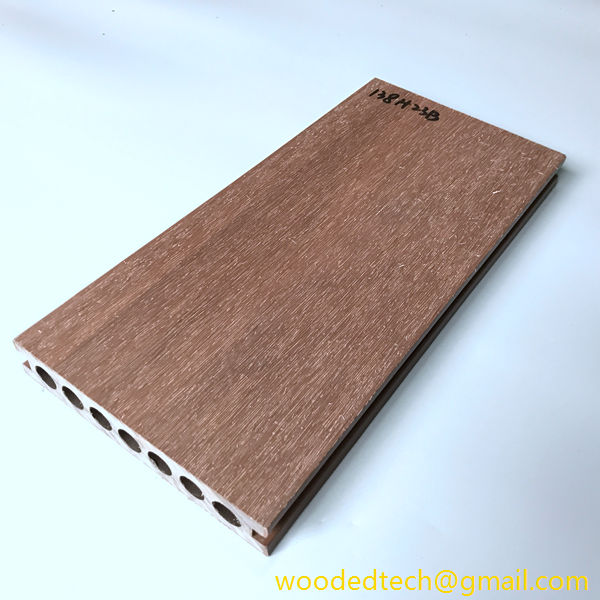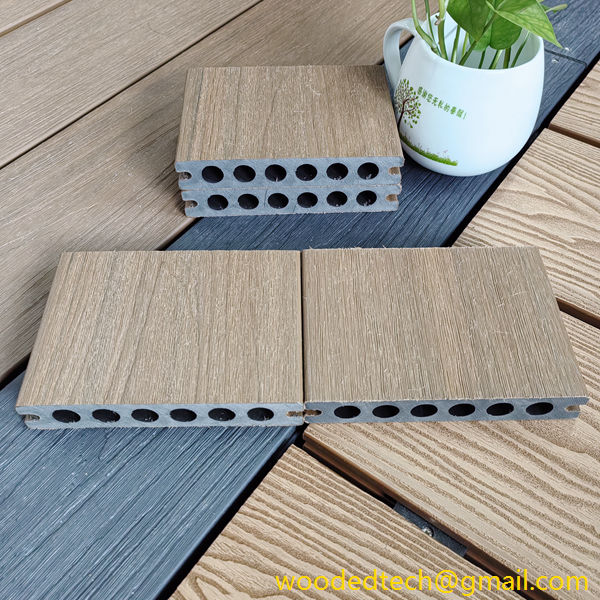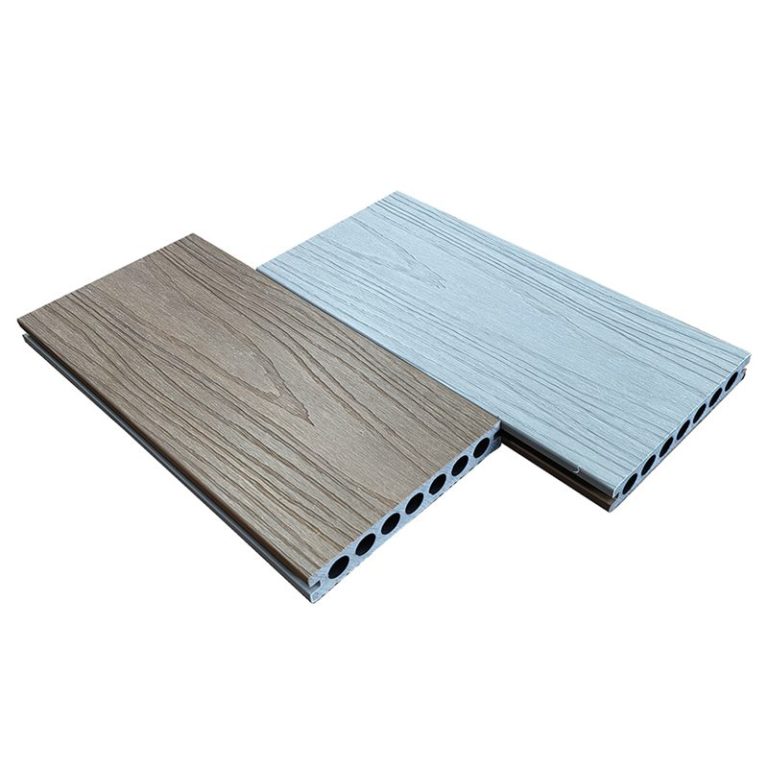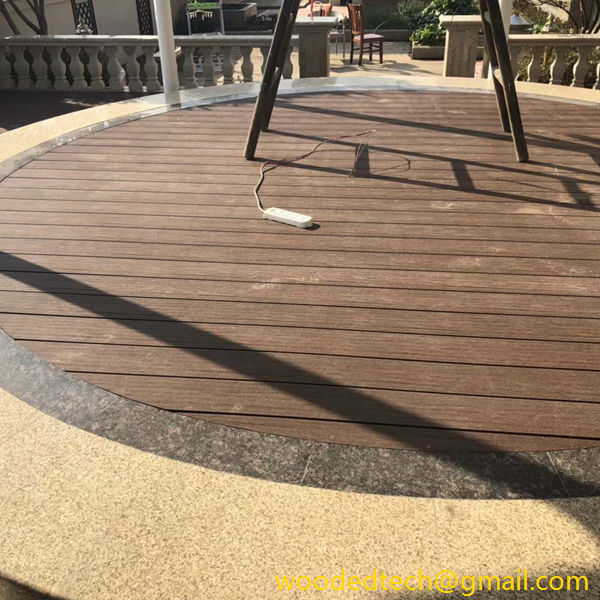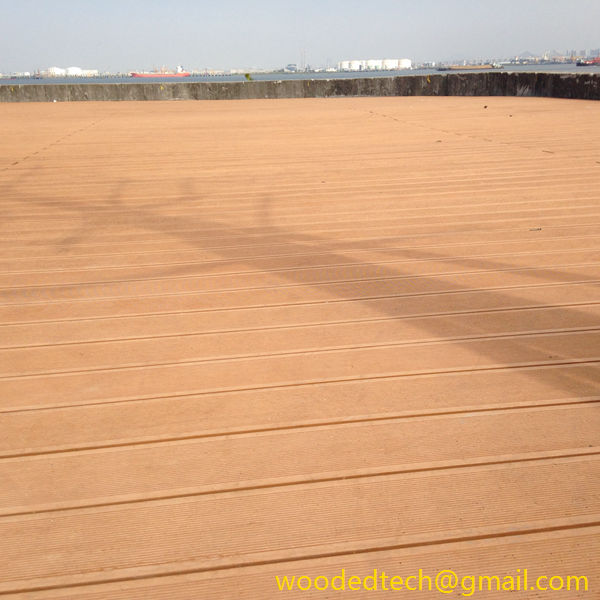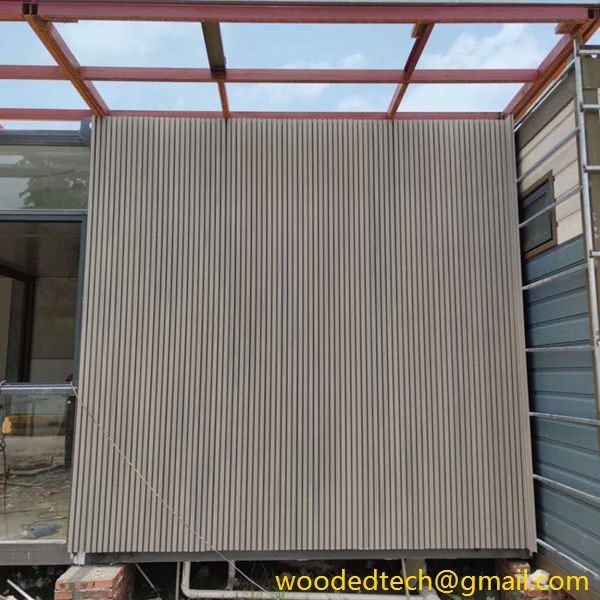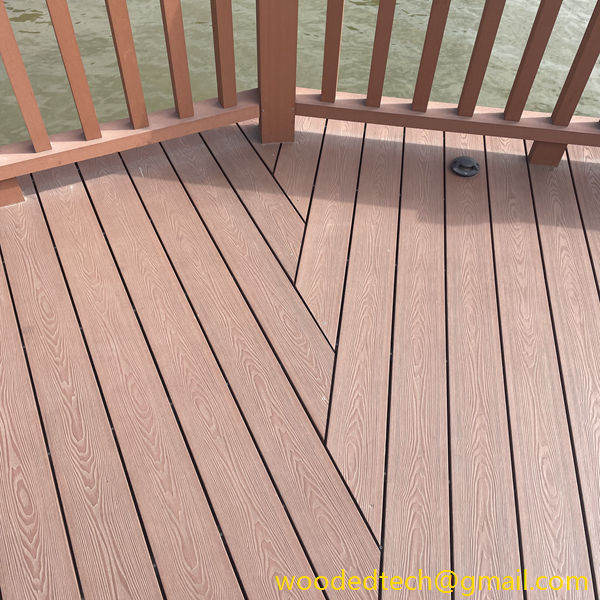Top Decking Composite Brands You Can Trust
Top Decking Composite Brands You Can Trust Top Decking Composite Brands You Can Trust: Exploring the Cost Advantage of China’s Production Areas When it comes to choosing decking materials for outdoor spaces, composite decking has become a popular option among homeowners and builders alike. Composites combine wood fibers and recycled plastic products, resulting in an…
Top Decking Composite Brands You Can Trust
Top Decking Composite Brands You Can Trust: Exploring the Cost Advantage of China’s Production Areas
When it comes to choosing decking materials for outdoor spaces, composite decking has become a popular option among homeowners and builders alike. Composites combine wood fibers and recycled plastic products, resulting in an environmentally friendly and durable solution for decks, patios, and other outdoor structures. However, not all composite decking brands are created equal, and consumers often seek reliable brands that offer a good balance between quality and cost-efficiency. One significant factor influencing this balance is the cost advantages associated with China’s production areas.
China has emerged as a powerhouse in manufacturing, including the production of composite decking materials. The country’s robust industrial base, access to abundant raw materials, and an experienced workforce contribute to its competitive pricing. Here, we will dive into the top decking composite brands you can trust, emphasizing the cost advantages offered by China’s production capabilities.
One of the leading brands in the composite decking market is Trex. While Trex established itself as an industry pioneer in the United States, it has also explored partnerships with manufacturers in China to streamline production processes and reduce costs. By leveraging China’s advanced manufacturing facilities and supply chain efficiencies, Trex has been able to maintain affordable pricing on its high-quality composite decking products. This ability establishes a balance between brand reputation and cost-effectiveness, providing consumers with reliable choices.
Another noteworthy player is TimberTech, known for its gorgeous aesthetic and impressive durability. Similar to Trex, TimberTech has capitalized on China’s favorable production environment to enhance its competitiveness in the market. By sourcing components from Chinese manufacturing hubs, TimberTech benefits from lower production costs, which allows them to provide consumers with high-quality decking at more reasonable price points. The strategic partnerships with manufacturers in China have enabled TimberTech to diversify its product range while ensuring long-lasting quality.
For those seeking budget-friendly options, brand names like NewTechWood offer an excellent alternative without compromising quality. NewTechWood specializes in composite decking made from a blend of recycled wood and plastics, crafted in state-of-the-art facilities in China. The company’s focus on innovation and sustainability resonates strongly with consumers looking for both affordability and environmentally-friendly products. Utilizing China’s production capacity allows NewTechWood to keep prices competitive while maintaining high standards for quality and environmental stewardship.
Cali Bamboo represents another significant player in the composite decking landscape. The brand is well-regarded for producing sustainable building materials, including composite decking that incorporates bamboo and recycled plastics. The strategic decision to partner with manufacturers in China not only reduces overhead production costs but also ensures a dependable supply chain. As a result, Cali Bamboo can offer consumers a unique, eco-friendly product at a price point that is accessible for many homeowners.
When examining the cost advantages inherent in China’s production areas, it is essential to highlight the raw materials that contribute to the decking composite industry. China has an abundant supply of recycled plastics, primarily due to its extensive recycling programs. The ability to source raw materials locally significantly lowers costs for manufacturers, enabling them to pass those savings onto consumers. Additionally, the availability of wood fibers from sustainable sources within the region ensures that composite products can be produced at a lower price without sacrificing sustainability or quality.
The economies of scale achieved by integrating automated manufacturing processes in Chinese production facilities further bolster cost efficiency. As the demand for composite decking increases, manufacturers in China have invested heavily in advanced machinery that allows for faster production and higher output levels. This increased efficiency translates to lower costs per unit, which is critical in a competitive market. The result is a wider selection of affordable composite decking options from trusted brands that maintain quality standards.
Additionally, shipping and logistics play key roles in the overall cost structure of composite decking. China’s strategic positioning along major trade routes facilitates relatively inexpensive shipping options to markets around the world, including North America and Europe. Plus, many of the top composite decking brands have established local distribution centers, further reducing transportation costs and ensuring quick availability for retailers and consumers.
In conclusion, quality and cost must work in tandem when selecting composite decking materials for outdoor applications. Leading brands like Trex, TimberTech, NewTechWood, and Cali Bamboo have successfully harnessed the cost advantages associated with China’s production regions, allowing them to deliver high-quality products at competitive prices. The combination of abundant raw materials, advanced manufacturing processes, and strategic logistics has positioned these brands as trustworthy options in a crowded marketplace. For consumers considering composite decking solutions, the trustworthiness of these brands, coupled with their affordability, makes them an excellent choice for any outdoor project. As the industry continues to evolve, we can expect to see even more innovations that capitalize on the strengths of China’s production capabilities, ultimately benefiting consumers across the globe.

